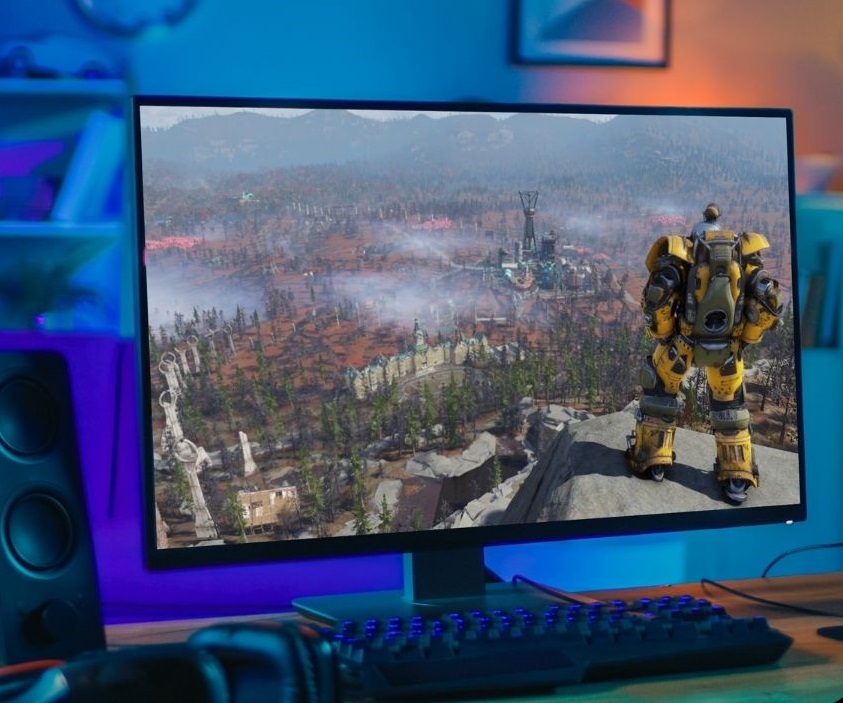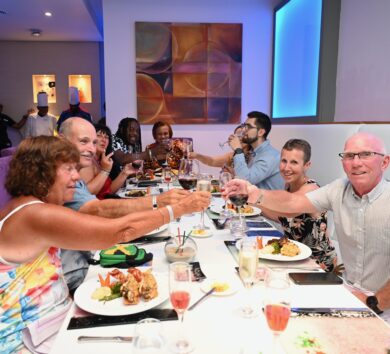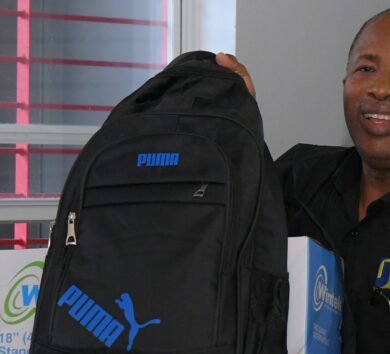
… But gamers make it work anyway

Jamaica might be a beautiful destination for someone who wants to take a vacation and disconnect, but for tech savvy locals, the unavailability of high-quality, consistent internet access and gear is a nightmare.
Wired, which is a monthly American magazine focuses on how emerging technologies affect culture, the economy, and politics is highlighting that Jamaica is in many ways a technology desert.
The magazine, published in print and online editions, contends that while Jamaica is a main attraction for tourists seeking refuge from tech, its hard for business owners and residents to get technology in the country.
“Companies like Amazon don’t ship directly to Jamaican residents, so there goes using a prime account to get free and fast shipping.”
Wired magazine
According to Wired, which is headquartered in San Francisco, California, “technology is scarce in Jamaica because it’s expensive to import—the process is long and tedious”.
The magazine added: “Companies like Amazon don’t ship directly to Jamaican residents, so there goes using a prime account to get free and fast shipping.”
The magazine has identified Andrew Johnson, co-founder and vice president of Jamaica eSports Initiative, as a streamer who, like any gamer, is trying to upgrade his setup and improve the quality of his content. To do so, he needs a consistent way to obtain the same accessories and tools that any streamer needs, but he can’t buy things that Americans or Europeans take for granted, like high-end graphics cards or webcams, without paying double the price, if it’s available to him at all.
Prohibitive costs in accessing internet services
This issue extends to internet access.
The primary service providers in the country are Digicel and Flow. They charge a lot for very slow upload speeds when compared to Internet Service Providers in other countries.
Internet access is generally better than it used to be, according to Johnson, but mostly for people who live in Kingston, Jamaica’s capital city.
Johnson told Wired: “For persons who live in rural areas, they aren’t able to get a better cable connection. Their highest upload speed is 8 Mbps. Digicel introduced broadband and fibre. I have 200 Mbps download and 100 Mbps upload.”
To get around slow service and poor bandwidth, Jamaican streamers often go live before 6 am and after 6 pm local time, since off-hours are the best times for a stable, reliable connection.

When it comes to gear and shopping, Jamaica doesn’t have large electronics stores like Best Buy or Micro Center. Their big-box grocery stores may have some electronics but the price is twice that Americans are used to paying and Jamaican shoppers know it.
“You can buy TVs, and electronics, and stuff from small local shops like Watts New, Intcomex, and Royale Computers. A person would be OK with buying an older model TV, versus me buying an older graphics card,” said Johnson.
Forced to buy online and using shipping and courier companies
All of this leaves Johnson, his esports team and other gamers forced to use shipping and courier companies, who charge whatever fees they want and change them at any time. Plus, the Wired article suggested, the industry is very lightly regulated and customs operates under its own rules, often at the discretion of individual officers.
There’s no way to simply place an order, know how much it’ll cost upfront, and pay for it to be delivered directly to its recipient. Even schools and educational organisations don’t get a break.

In a year when kids had to go to school digitally, in Jamaica students have been left behind and unable to attend remote, digital lessons. Part of the problem is that iPads, Chromebooks, webcams, and Macbooks are all so difficult to obtain.
In response, Jamaica makes lessons available on a national television channel. Outside of these options, people like Johnson are trying to help, but they have to navigate a difficult dance between retailers and customs—one that won’t go away until more countries ship directly to Jamaica.
However, until then, Jamaican gamers will keep on the best way they can, and be competitive and stream when and how they can.







Comments